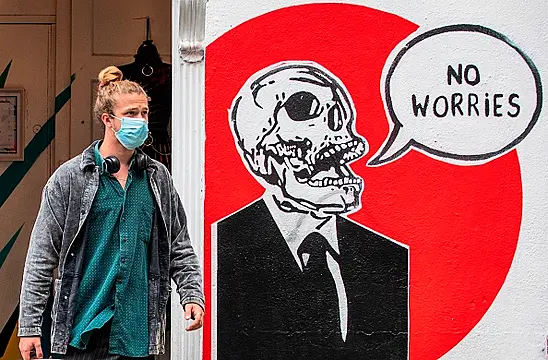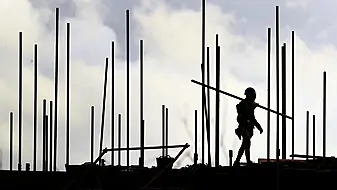The Irish economy is to recover “quite strongly” from coronavirus restrictions but unemployment is unlikely to return to pre-pandemic levels until 2023 at the earliest, a report has found.
The Economic and Social Research Institute (ESRI) said that in light of the current Level 5 restrictions, it has revised down its 2021 forecasts from last year’s winter commentary.
The economics body based its research on the assumption lockdown measures introduced on December 30th will last until at least April 5th, and that there will be a gradual easing of restrictions thereafter.
It also assumed the vaccination programme will facilitate the broad relaxation of public health restrictions in the second half of the year, and that there will not be another full Level 5 lockdown towards the end of 2021.
GDP growth
Under these assumptions, its expects Irish GDP to increase by 4.4% in the present year.
In its report, the ESRI also outlines its first set of forecasts for 2022, with output expected to increase by 5.2%.
The average monthly unemployment rate in 2020 was 18.7%.
The ESRI expects it to average around 25% in the first three months of the year, and then drop to about 10% by the end of the current year.
Unemployment is set to fall further into 2022 and will average just over 7% for the year, the report forecasts.
However, the ESRI states it does not expect to see the unemployment rate fall back to pre-Covid levels until late 2023 at the earliest.
Government spending
Government expenditure is expected to remain elevated in 2021 and 2022.
As a result, the ESRI expects a general Government balance of minus 4.7% of GDP in 2021 before falling to minus 1.9% of GDP in 2022.
Report author Kieran McQuinn said: “We expect the Irish economy to recover quite strongly from the current set of public health restrictions in the second half of the current year and into 2022.
“However, unemployment is unlikely to fall back to its pre-pandemic levels until 2023 at the earliest.”
Conor O’Toole, also of the ESRI, said: “The recovery of the economy in 2021 is tightly linked to the roll-out of the vaccination programme which will allow easing of restrictions on a broad-base.
“As households’ savings have increased during the pandemic, an easing of public health measures may encourage households to spend more readily and support the recovery.” - PA







